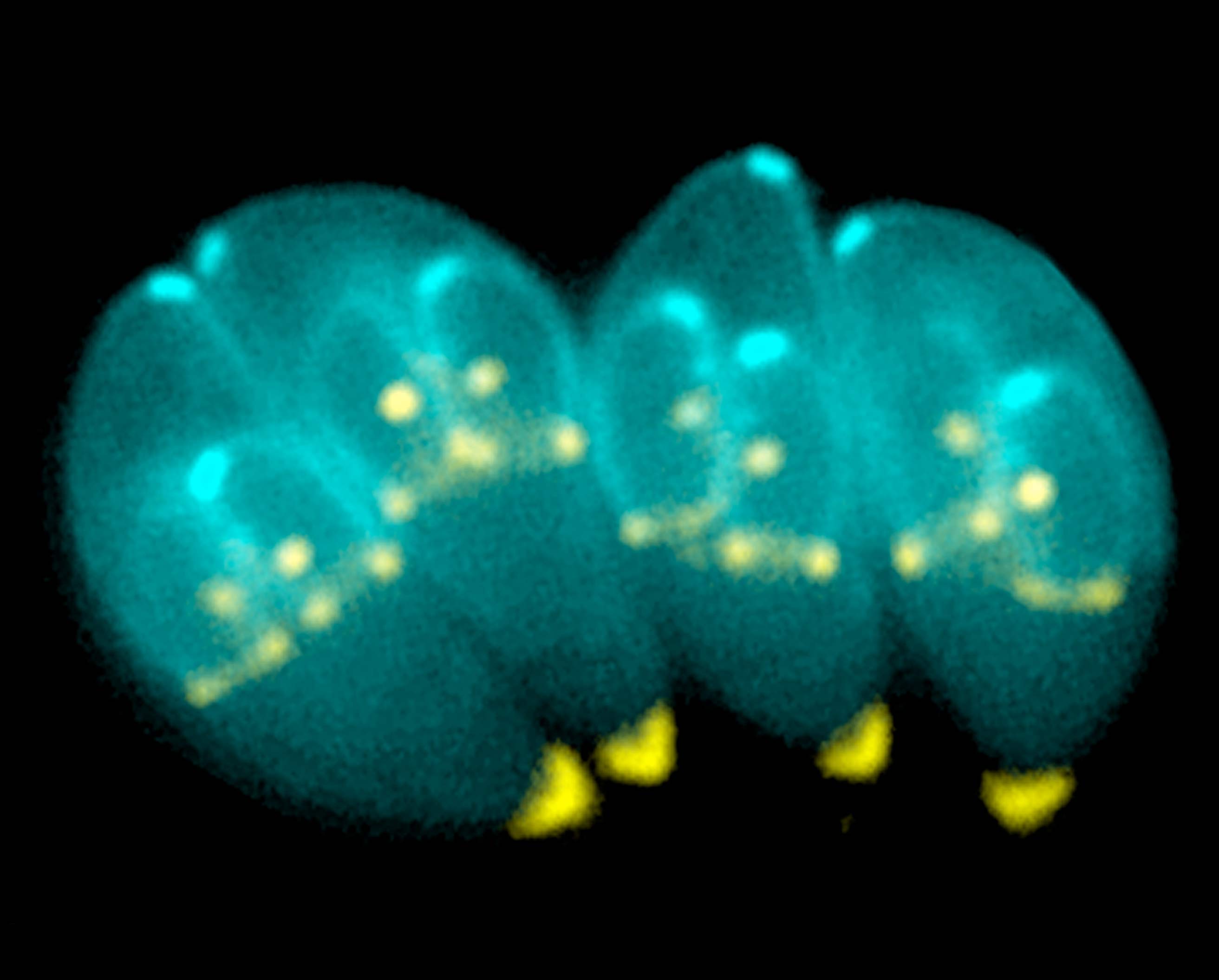Mind-Controlling Parasite May Increase Brain Cancer Risk

Get the world’s most fascinating discoveries delivered straight to your inbox.
You are now subscribed
Your newsletter sign-up was successful
Want to add more newsletters?

Delivered Daily
Daily Newsletter
Sign up for the latest discoveries, groundbreaking research and fascinating breakthroughs that impact you and the wider world direct to your inbox.

Once a week
Life's Little Mysteries
Feed your curiosity with an exclusive mystery every week, solved with science and delivered direct to your inbox before it's seen anywhere else.

Once a week
How It Works
Sign up to our free science & technology newsletter for your weekly fix of fascinating articles, quick quizzes, amazing images, and more

Delivered daily
Space.com Newsletter
Breaking space news, the latest updates on rocket launches, skywatching events and more!

Once a month
Watch This Space
Sign up to our monthly entertainment newsletter to keep up with all our coverage of the latest sci-fi and space movies, tv shows, games and books.

Once a week
Night Sky This Week
Discover this week's must-see night sky events, moon phases, and stunning astrophotos. Sign up for our skywatching newsletter and explore the universe with us!
Join the club
Get full access to premium articles, exclusive features and a growing list of member rewards.
Mind-altering parasites already linked to neurosis and schizophrenia might also be linked to brain cancer, scientists now find.
The germ, found worldwide, is known as Toxoplasma gondii. The parasites ultimately want to end up in cats, where they breed, but until then they can live in the cells of many warm-blooded creatures. In fact, it has infected about a third of all humans.
That doesn't mean that a third of humans will get brain cancer, and the scientists caution that they remain unsure of how one might cause the other.
"I do really want to emphasize we haven't definitively shown cause-and-effect, only a correlation," said researcher Kevin Lafferty, an infectious disease ecologist at the U.S. Geological Survey. "We hope our results inspire researchers to look for a link between Toxoplasma and cancer."
Also, "one shouldn't be panicking about owning cats," Lafferty added. "The risk factors for getting Toxoplasma are really hygiene and eating undercooked meat. One should be more concerned about those than pets."
Mind control
The parasite spends its latent period in various warm-blooded animals. When in rats, the germ shows an unsettling control of the rodent mind. Normally, rats avoid cat urine, but when they are infected by Toxoplasma gondii, the rodents seem to find the pee irresistible, which presumably helps the rats and the parasites end up in a cat's gut.
Get the world’s most fascinating discoveries delivered straight to your inbox.
Scientists knew the parasite could threaten the lives of unborn children in the wombs of pregnant women, as well as patients whose immune systems are weakened due to HIV infection. Disturbingly, there are signs Toxoplasma gondii might have broader effects on humanity — for instance, the germ has been linked with neuroticism and schizophrenia. [The 10 Most Diabolical & Disgusting Parasites]
But until now, scientists hadn't suspected it was linked to brain cancer.
Mutating brain cells
Despite substantial research, the causes of brain cancers remain largely unknown, with scientists looking into a range of environmental factors, including radiation and pesticides. However, persistent infections might promote cancer by triggering inflammation that increases mutation rates, and Toxoplasma gondii notably lurks in the brain.
"Over the past couple of decades, scientists have been finding that infectious organisms can be linked with cancer," Lafferty said.
The researchers looked at international statistics on brain cancers and infection rates with the parasite. They also accounted for national gross domestic product, since wealth probably increases the ability to detect cancer, as well as other factors suspected of links with brain cancer, such as cellphone use (though there is no proven link between cellphones and cancer).
The scientists found that adult brain cancers were more common in countries where infection rates with the germ were high. Globally, the parasite was associated with a 1.8-fold increase in the risk of brain cancers.
Unfortunately, there is currently no way to eliminate the parasite during the latent stage it is often in when it affects humans.
"There is research into vaccines for cats, but it is possible that as we accumulate more evidence about the effects of Toxoplasma, there might be more interest in developing a vaccine for humans," Lafferty told LiveScience.
Lafferty, along with Frederic Thomas and their colleagues, detailed their findings online July 27 in the journal Biology Letters.
Follow LiveScience for the latest in science news and discoveries on Twitter @livescience and on Facebook.

 Live Science Plus
Live Science Plus










